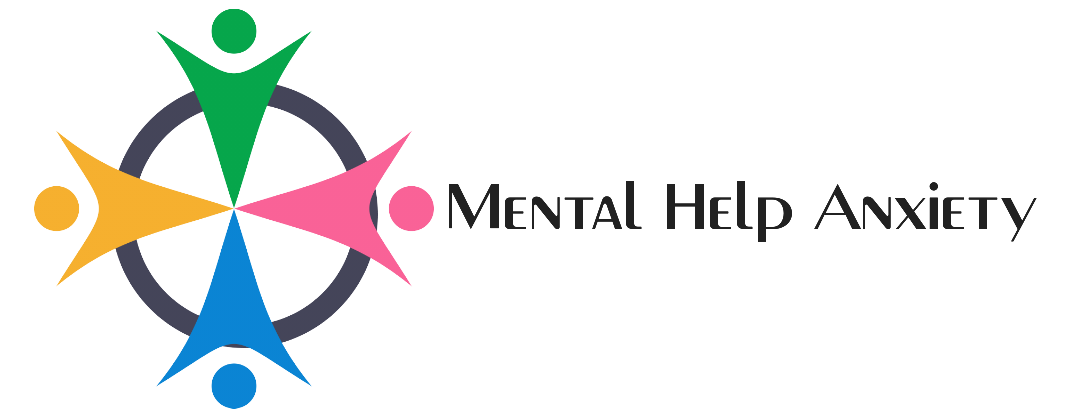Understanding Mental Health
Mental health is a critical component of overall well-being, encompassing emotional, psychological, and social aspects. It affects how individuals think, feel, and act daily, guiding their interactions with others and influencing their decision-making abilities. A positive mental health state allows individuals to cope with the stresses of life, work productively, and contribute to their communities. It is essential to recognize that mental health is not merely the absence of mental illness; instead, it is a dynamic state that can vary over time.
The distinction between mental health and mental illness is often misunderstood. While mental health refers to a person’s emotional and psychological state, mental illness encompasses specific disorders that affect one’s ability to function effectively. Individuals may experience fluctuations in their mental health without necessarily having a mental illness. Common misconceptions arise from the stigma surrounding mental health, which can deter individuals from seeking help or discussing their conditions openly.
Various factors can influence mental health, including biological aspects, such as genetics and brain chemistry, environmental elements like upbringing and life experiences, and lifestyle choices encompassing diet, exercise, and social interactions. Seasonal changes, traumatic experiences, and significant life transitions can lead to a decline in one’s mental wellness, prompting the need for awareness and proactive management. It is important to realize that everyone has mental health, and it can change throughout one’s life. Therefore, fostering a supportive environment and promoting mental well-being is crucial for individuals and communities alike.
Common Signs and Symptoms of Mental Health Issues
Understanding the various signs and symptoms of mental health issues is crucial for early identification and intervention. Emotional indicators often serve as the first noticeable signs that an individual may be dealing with mental wellness challenges. Persistent sadness, a feeling of  hopelessness, and heightened anxiety are key emotional symptoms that can disrupt daily life. Additionally, irritability may surface unexpectedly, affecting interpersonal relationships and general mood stability. Ways to Fight Depression and Anxiety
hopelessness, and heightened anxiety are key emotional symptoms that can disrupt daily life. Additionally, irritability may surface unexpectedly, affecting interpersonal relationships and general mood stability. Ways to Fight Depression and Anxiety
Behavioral changes are also significant when considering mental health. An individual may withdraw from social activities that they once enjoyed, leading to increased isolation. Changes in eating patterns—either excessive eating or a significant loss of appetite—can indicate underlying issues. Sleep disturbances, such as insomnia or oversleeping, also represent behavioral shifts that may warrant attention. These changes can have profound effects on overall health and well-being.
Cognitive aspects are equally important to recognize. Difficulties in concentrating, making decisions, or remembering details can hinder daily activities and affect work or academic performance. Individuals may find themselves overwhelmed by tasks that they previously managed with ease. Such cognitive symptoms often coexist with emotional and behavioral indicators, painting a more comprehensive picture of potential mental health challenges.
Identifying these signs in oneself is vital, but being attuned to the behavior of friends and family can be equally important. Recognizing shifts in mood, behavior, and thought processes can facilitate earlier intervention, potentially leading to effective support and treatment. It is essential to approach these indicators with sensitivity and an open mind, fostering an environment where discussions about mental health are encouraged.
Risk Factors and Triggers for Mental Health Disorders
The development of mental health disorders can often be attributed to a complex interplay of various risk factors and triggers. Understanding these elements is essential in fostering self-awareness and identifying personal vulnerabilities. Firstly, genetic predispositions play a significant role in mental health. Research has consistently indicated that individuals with a family history of mental illnesses are at a higher risk of experiencing similar issues themselves. This genetic component underscores the importance of considering family backgrounds when assessing mental health.
In addition to genetic factors, environmental influences significantly impact mental health. Traumatic experiences, such as abuse or the loss of a loved one, can serve as critical triggers for mental health disorders. Such experiences can lead to conditions like depression or anxiety, manifesting long after the trauma has occurred. Significant life changes, such as moving to a new city, changing jobs, or entering a new relationship, can also act as stressors that may trigger mental health challenges.
Lifestyle choices are another crucial area to consider. Substance abuse, for instance, is closely linked to various mental health issues, including anxiety, depression, and even psychosis. The relationship between substance use and mental health is bidirectional, as individuals may turn to drugs or alcohol to cope with their mental health struggles, further exacerbating the situation. Chronic stress, whether from work, personal relationships, or financial issues, is another lifestyle factor that can increase vulnerability to mental health disorders. Prolonged exposure to stress can affect overall well-being and contribute to the onset of mental health symptoms.
Addressing these risk factors and triggers is vital for prevention and intervention strategies. By acknowledging these influences, individuals can work towards better mental health management and develop coping strategies tailored to their specific vulnerabilities.
When to Seek Help and What to Expect
Recognizing the appropriate time to seek help for potential mental health issues is a crucial step towards maintaining overall well-being. If an individual experiences persistent feelings of sadness, anxiety, irritability, or changes in behavior that disrupt daily life, it may be time to consult a mental health professional. Early intervention can significantly improve outcomes, as addressing mental health concerns sooner rather than later promotes healthier coping strategies and a path towards recovery.
Various professionals are equipped to help in mental health, from psychologists to licensed counselors to psychiatrists. Psychologists and counselors mainly provide therapeutic support, utilizing multiple methods such as cognitive-behavioral therapy or talk therapy to help individuals manage their emotions and thoughts. On the other hand, psychiatrists are medical doctors who can prescribe medication and offer therapy. Understanding what type of support is most suitable is essential in determining the right professional for one’s needs.
The process of getting evaluated typically begins with an initial consultation. During this meeting, individuals can express their concerns and symptoms, allowing the professional to gain a comprehensive understanding of their mental health. Assessments may include questionnaires and discussions about personal history and lifestyle factors. It is essential to approach this meeting openly, as it lays the groundwork for the treatment plan to follow.
Moreover, the importance of seeking help early cannot be overstated. Increased awareness about available resources, such as hotlines and counseling services, serves as vital support for those experiencing mental health challenges. Numerous organizations provide immediate assistance and can guide individuals through finding a suitable professional. Ultimately, seeking help is a testament to one’s strength and desire for a healthier life.


